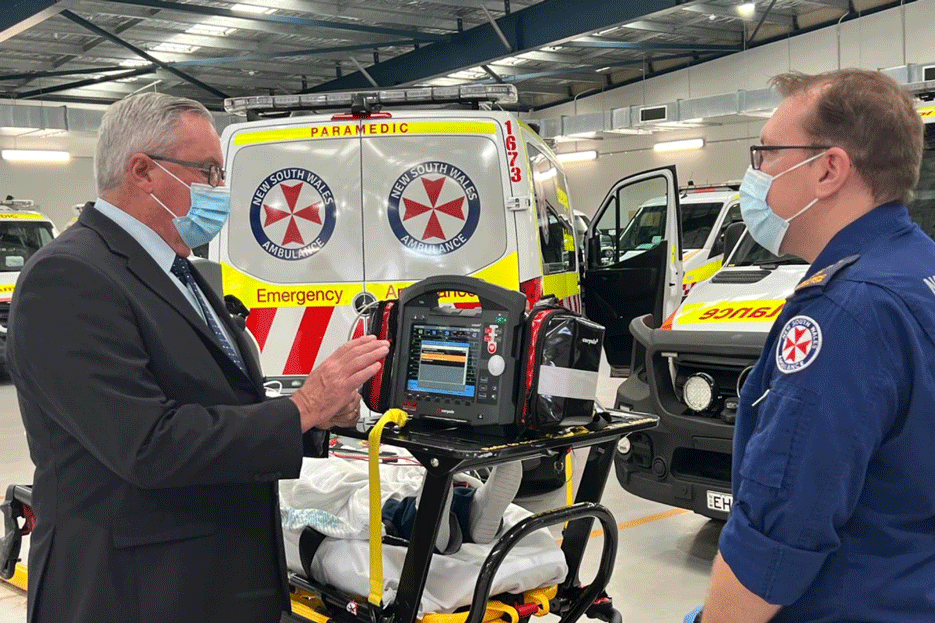The treatment of patients with diabetes has taken a major leap forward thanks to a recent eHealth NSW project, piloted in the South Eastern Sydney Local Health District (SESLHD), in conjunction with the Business Intelligence and Efficiency Unit (BIEU).
With up to 20 per cent of patients in hospitals suffering from diabetes, including many with worse cases, that result in longer lengths of stay and a rate of readmission up to 2.5 times higher than other illnesses, the Diabetes Dashboard provides an optimal solution.
Working with eHealth NSW throughout the process, the project has created a system that provides for multiple datasets from different clinical systems within the dashboard, vastly improving patient management.
Dr Sue Mei Lau from SESLHD says that the project was born from a diabetes forum identifying ways treatments and patient outcomes could be improved.
“This led to the development of a Diabetes Dashboard which identifies all admitted patients with diabetes in real time and groups them into risk categories based on their glucose levels.”
The Diabetes Dashboard leverages the recent transition to eHealth NSW’s Electronic Medical Record (eMR2) and Electronic Medication Management (eMeds) projects, which capture these key diabetic data points electronically.
This allows for patient information to be updated automatically every 24 hours.
The pilot study at St George Hospital, led by Professor Tony O’Sullivan, demonstrated an 18 per cent reduction in early unplanned readmission after implementation of a nurse-led diabetes management team reviewing patients identified by the Diabetes Dashboard.
Since 2019, data has been collected to help inform the next stage of the project.
“With this data, we can understand which patients should be identified as high risk by the tool, test the effectiveness of the intervention and, in the next stages, identify patients who need it the most,” Dr Lau said.
The next stage of the project will commence in 2021, allowing for continued understanding of the statistics and improved data management, which will lead to better health outcomes for patients.




